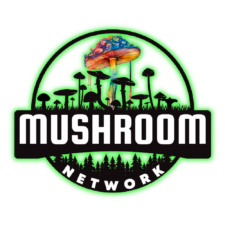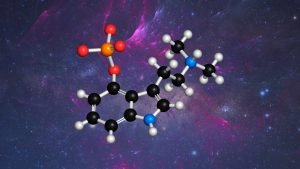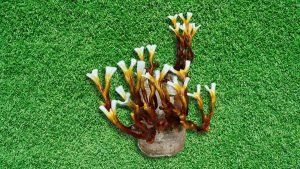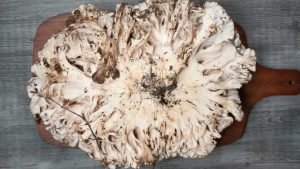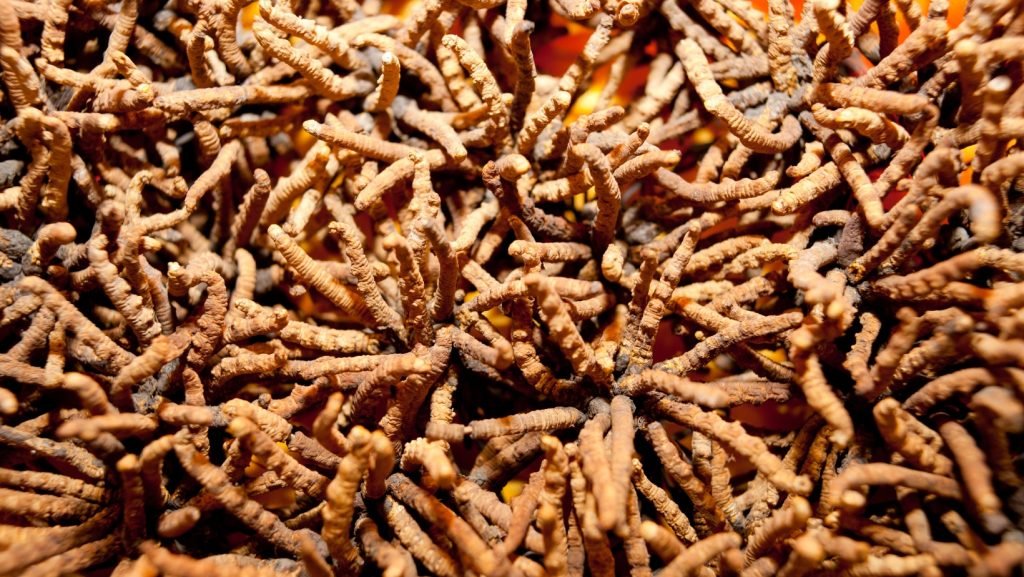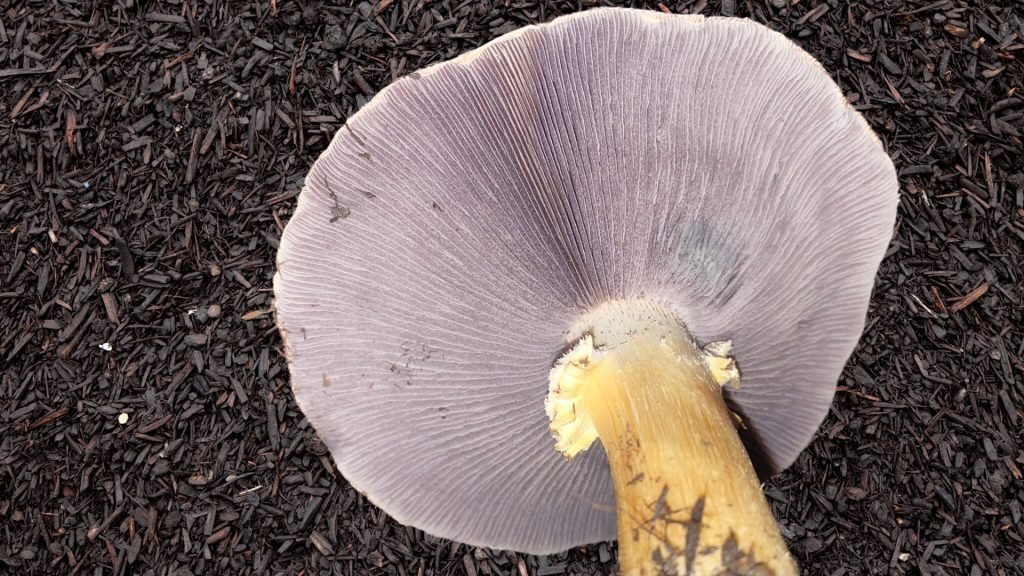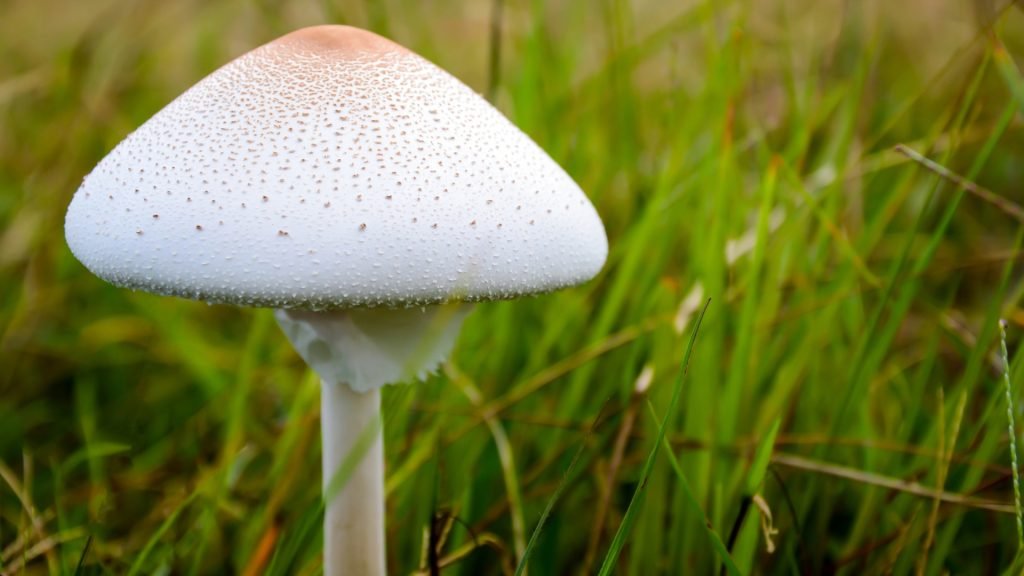Join us as we delve into the promising realm of psilocybin mushrooms and their potential to revolutionize treatment for cluster headaches – a debilitating neurological condition. This in-depth investigation will elucidate the mechanism, effects, and emerging research on psilocybin’s role in ameliorating cluster headache symptoms and, importantly, offer hope for those grappling with this painful disorder.
To fully appreciate the potential benefits of psilocybin mushrooms for cluster headache patients, we first need to understand the nature of cluster headaches, the conventional treatments, and their shortcomings. From there, we will explore the advent of psilocybin in medical research, its application in headache therapy, and how it holds the promise of a more effective, targeted treatment option for sufferers of this incapacitating condition.

Cluster Headaches: The Beast Unveiled
Cluster headaches, often dubbed “suicide headaches,” are a neurological disorder characterized by episodes of severe, unilateral pain around the eye or temple area.
The Unpredictable Beast – Cluster headaches can manifest unpredictably, often leading to multiple bouts of excruciating pain that may last anywhere from 15 minutes to 3 hours. These clusters can persist for weeks to months, separated by remission periods that might last months or even years.
Conventional Treatment Challenges – Traditional treatment options such as oxygen therapy, triptans, and various preventative medications may provide relief but often come with side effects and are not universally effective. Furthermore, for chronic cluster headache patients, these options often prove insufficient, underscoring the desperate need for better treatment strategies.
Cluster Headache Medicine “Sumatriptan” – Sumatriptan, a common drug used to treat migraines and cluster headaches, has a chemical structure that is similar to the naturally occurring psychedelic compound, DMT (dimethyltryptamine).
Both sumatriptan and DMT belong to a class of compounds called tryptamines. Tryptamines have a common structure of a bicyclic indole heterocycle attached at R3, to an amino group via an ethyl side chain. Sumatriptan and DMT both have additional groups that differentiate them, but they share this common tryptamine backbone.
The similarities in their chemical structures mean that both substances interact with the same serotonin (5-HT) receptors in the brain, albeit in slightly different ways. The hallucinogenic properties of DMT are mainly attributed to its strong partial agonist effect on the 5-HT2A receptor. Sumatriptan, on the other hand, is more selective for the 5-HT1B and 5-HT1D receptors, and its main therapeutic effect comes from constricting blood vessels in the brain that are dilated during a migraine or cluster headache episode.
Although they share some similarities, it’s essential to note that the presence or absence of certain groups in these molecules results in very different physiological effects. DMT is a potent psychedelic with a risk of significant psychological effects and potential for misuse, while sumatriptan is a prescription medication with a different safety profile and approved use.
It is this serotonergic action that links sumatriptan, DMT, and psilocybin (the psychedelic compound in magic mushrooms) and provides a basis for the exploration of various tryptamines in the treatment of cluster headaches and migraines. However, more research is needed to understand fully the therapeutic potential and safety of these substances.
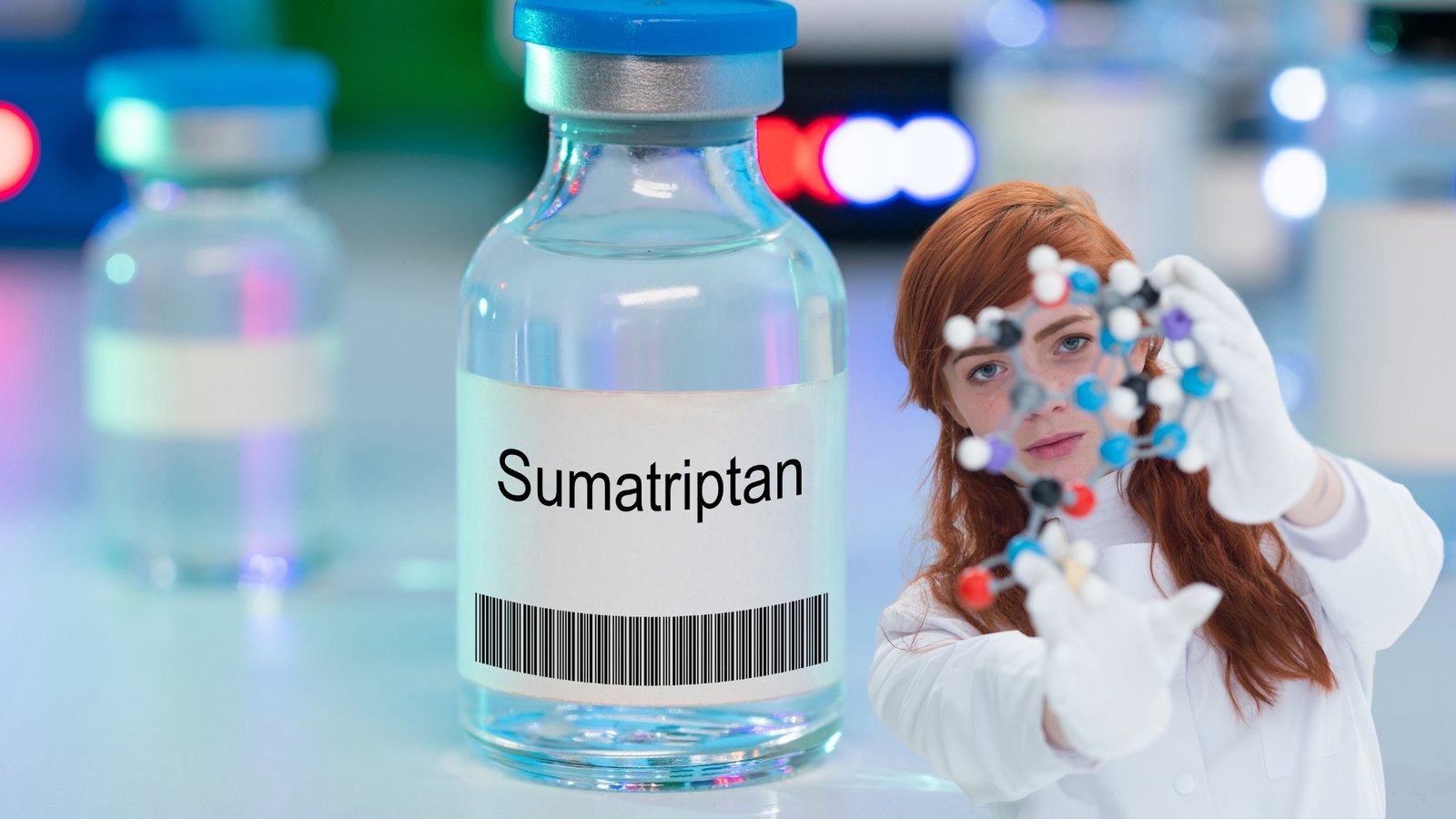
Psilocybin Mushrooms: A Promising Alternative
In light of the shortcomings of conventional therapies, researchers have turned to a potentially game-changing alternative – psilocybin, a naturally occurring psychedelic compound found in over 200 species of mushrooms.
Understanding Psilocybin – Psilocybin works by mimicking serotonin, a neurotransmitter linked to mood, cognition, and perception. This similarity allows psilocybin to bind to serotonin receptors in the brain, inducing changes in mood, perception, and cognition.
Psilocybin and Cluster Headaches – Several anecdotal reports and preliminary studies suggest that psilocybin mushrooms may help reduce the frequency and severity of cluster headaches, even in cases resistant to standard treatments. Additionally, some users report extended remission periods after using psilocybin.
The universe of mushrooms is expansive, each variant bearing its own unique charm and characteristics. The Marketplace on the 🍄 Mushroom Network is a testament to this diversity. It is a haven for those seeking a deeper understanding of the magical world of mushrooms. If you’re keen on learning more about this type of mushroom and other mushroom variants, this Marketplace is your ultimate resource.
No posts found!
Potential Mechanisms and Future Research
While the therapeutic use of psilocybin is promising, it is crucial to understand the possible mechanisms behind its efficacy and the future directions for research in this field.
Potential Mechanisms – Psilocybin’s potential effectiveness against cluster headaches could be attributed to its ability to disrupt abnormal functioning of the hypothalamus during cluster periods. It may also decrease the brain’s response to pain signals.
Future Research and Legal Hurdles – Despite promising initial findings, more rigorous clinical trials are needed to confirm psilocybin’s effectiveness and safety for cluster headache patients. However, legal restrictions on psychedelics pose significant challenges to research in this area.
Not sure where to start? The 🍄 Mushroom Academy offers a wide range of courses tailored to your needs. Whether you’re a beginner eager to learn or an experienced mycologist looking to broaden your knowledge, the 🍄 Academy has something for everyone.
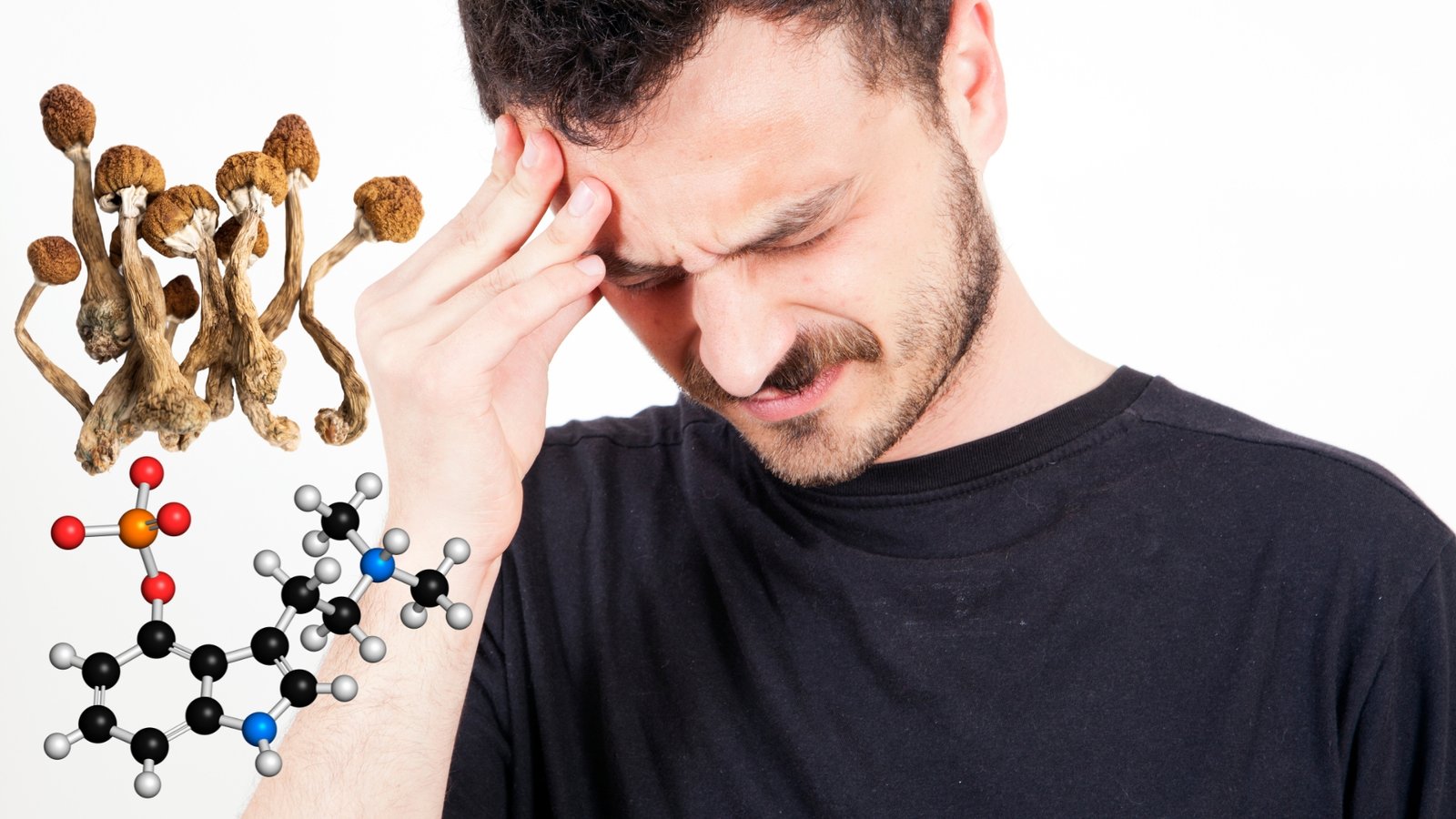
A Ray of Hope: Concluding Thoughts on Psilocybin for Cluster Headaches
As we conclude our exploration into the potential benefits of psilocybin mushrooms for cluster headache sufferers, it’s clear that while much remains to be discovered, the preliminary findings provide a ray of hope. Psilocybin, a psychedelic compound offered to us by nature, might hold the key to more effective treatment for those wrestling with the beast of cluster headaches.
Don’t forget to check out the 🍄 Mushroom Network’s Marketplace to see what’s available. But hurry, our shelves are constantly evolving, and you wouldn’t want to miss out on this wonderful mushroom. Join our growing network of Patrons, Genetics, and Mycologist Vendors only on the 🍄 Mushroom Network!
The content provided on the 🍄 Mushroom Network is for educational and research purposes, aimed at fostering a deeper understanding of mycology. We don't endorse illegal activities or reckless behavior regarding the use or cultivation of specific mushroom species. Comprehending and respecting local laws concerning psychoactive fungi is your responsibility. Furthermore, always consult a healthcare provider before consuming any substances; our content doesn't replace professional medical advice. We don't promote personal use of these substances, but aim to educate on their scientific aspects. Any actions taken based on our information are at your own risk, and we aren't liable for any associated losses or damages. Always prioritize safety and legality in your mycological explorations.
Recommended Reads:
Mushrooms to the Rescue: An Exploration of Psychedelic Fungi in Cluster Headache Treatment
Join us as we delve into the promising realm of psilocybin mushrooms and their potential...
Read More...Antler Reishi (Ganoderma Multipileum)
Ahoy, Patrons and spore enthusiasts! Welcome to the scientific soiree of the Antler Reishi, where...
Read More...Cultivating Cordyceps: A Guide for Beginners
Delving into the realm of fungi, Cordyceps stand out with their unique growth and medicinal...
Read More...From Forest to Plate: The Culinary Delights of Hen Of The Woods
The Hen Of The Woods, a mushroom species known as Grifola Frondosa, is a gastronome’s...
Read More...Whoa there, Spore Sport! 🍄 Looks like you’re not logged in yet. Don’t you know what you’re missing? MYCO-CREDITS! Imagine all the fungal fun you could have. It’s like finding a Morel in May and not picking it. Tragic, right? Log In or Become a Myco-Patron and start racking up those credits. It’s more rewarding than finding a mushroom in your backyard! 🌟🏡
